A recent article in the American Journal of Medical Quality by researchers from 3M, assisted by J. Graham Atkinson, DPhil, Executive Vice President for Research and Policy of the Foundation, raises concerns with Medicare’s current risk-adjustment model used for standardized infection ratios.
The authors looked at hospital intensive care units (ICU) and found great variation in reported ICU utilization among admissions for congestive heart failure with alarming data revealing that the designation of ICU versus non-ICU care was unrelated to patient severity.
The authors note that policy intended to reduce hospital-acquired infections is good and tying financial incentives to improvement appropriately sends a strong message that quality of care is important.
However, they question policy that can mislead patients and stakeholders on hospital performance and stress that when wide-spread variation is found in a program with billion-dollar payment adjustments, a formal review of risk-adjustment methods is urgently required.
Richard L Fuller, MS, John S Hughes, MD, Graham Atkinson, DPhil, Problematic Risk Adjustment in National Healthcare Safety Network Measures, American Journal of Medical Quality, June 2019.
Featured news
Ted’s Take: Leaders and Leadership
We need more leaders; Government, businesses, consulting firms, fortune 500 companies, associations, you name it. The problem is there is a dearth of leaders, but few are truly able to take a leadership role.
Ted’s Take: Do we need AI guardrails?
Artificial Intelligence (AI) is all the rage now. There are all numbers of folks developing AI technology and applications that range from simple to complex.
Ted’s Take: Does AI learn and incorporate our biases?
We hear tons of conversation around the use of Artificial Intelligence (AI). We also hear that the application of AI might be the solution to almost everything. While that’s both an overstatement and unrealistic, there are a lot of companies and folks working to make AI do just that — solve everything

Jayne Koskinas Ted Giovanis
Foundation for Health and Policy
PO Box 130
Highland, Maryland 20777
Media contact: 202.548.0133


